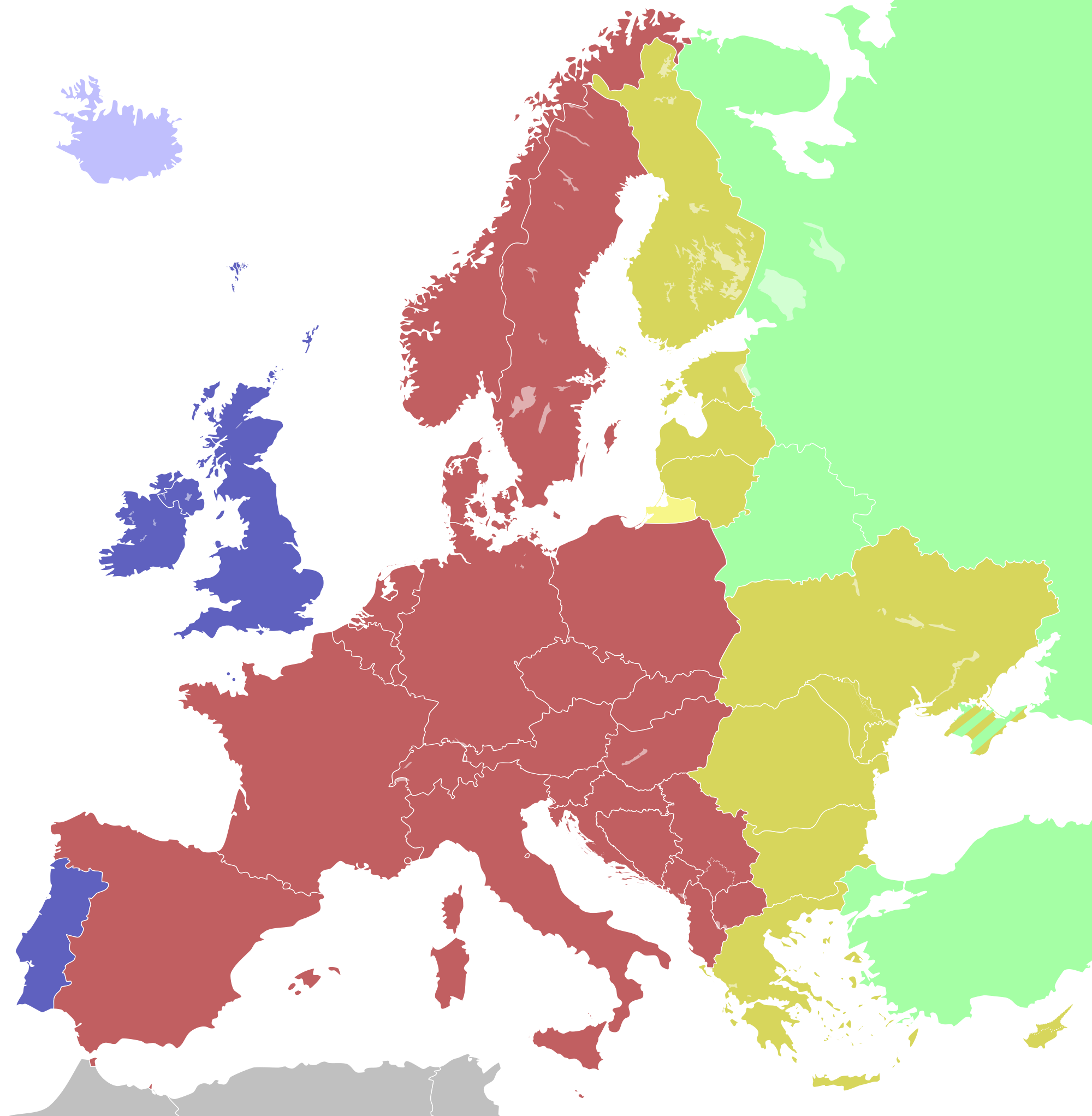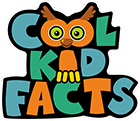All About Portugal
Portugal is a southern European country on the Iberian Peninsula. Its beautiful beaches are a major tourist destination.
The country is known historically for its powerful maritime empire, and its soccer (or football) team is internationally recognized today.
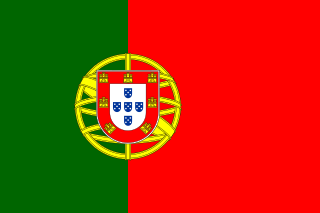
Quick Facts
Capital: Lisbon
Population: 10 million
Key Cities: Lisbon, Porto, Braga, Madeira
Official Language: Portuguese
Major Religions: Roman Catholic
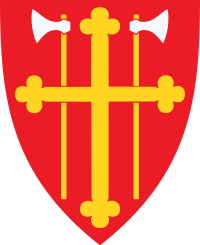
Geography
Bordering Countries: Spain
Size: 35,603 sq. miles
Lowest point: Atlantic Ocean at sea level
Highest point: Mount Pico at 7,713 ft.
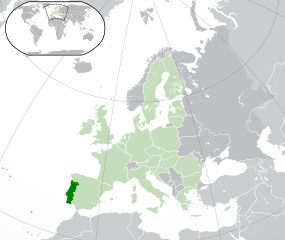
Located in southern Europe in the Iberian Peninsula, Portugal shares a border with Spain and the Atlantic Ocean. The country is Europe’s westernmost point.
Portugal is a mostly mountainous country. In the north, the Serra de Estrela mountain range covers most of the land.
In the far south, Portugal is home to low plains, islands and islets, and limestone caves.
There are no inland lakes in Portugal. Major rivers include the Tagus, the Douro, the Guadiana, and the Mondego. The Mondego is located entirely in Portugal, while the other rivers are shared with Spain.
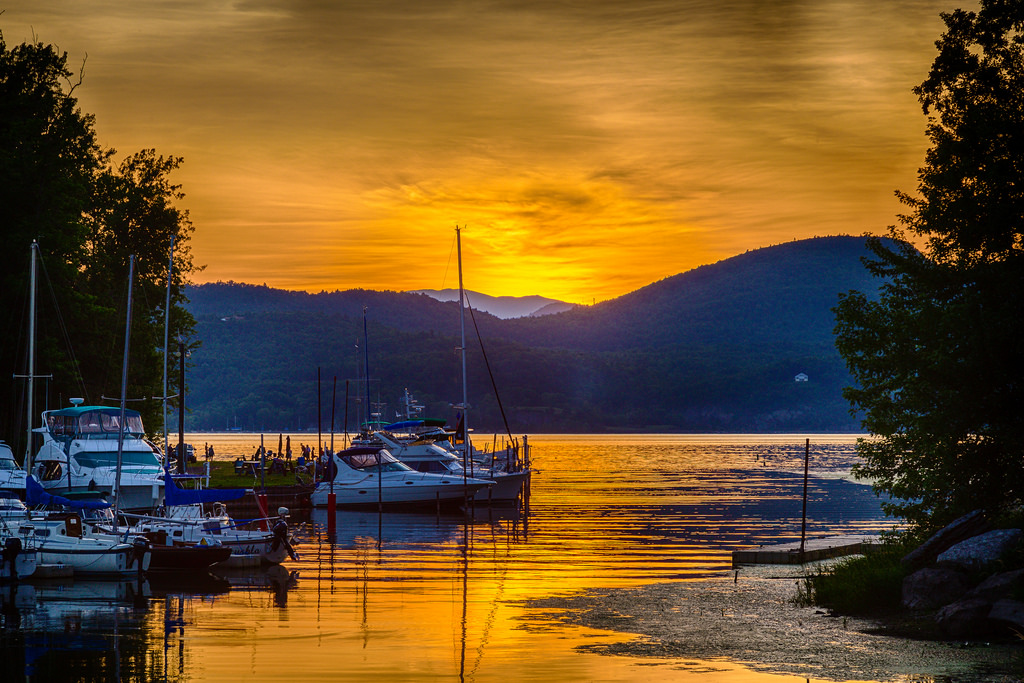
Summers in Portugal are sunny and warm, with pleasant sea breezes. Winters are wet, but not very cold. During every season, evenings are often cool.
Most of Portugal was once covered by forests, but about 25% of the land is still forested today. The most abundant trees are the cork oak, pine, beech, eucalyptus, evergreen oak, and olive.
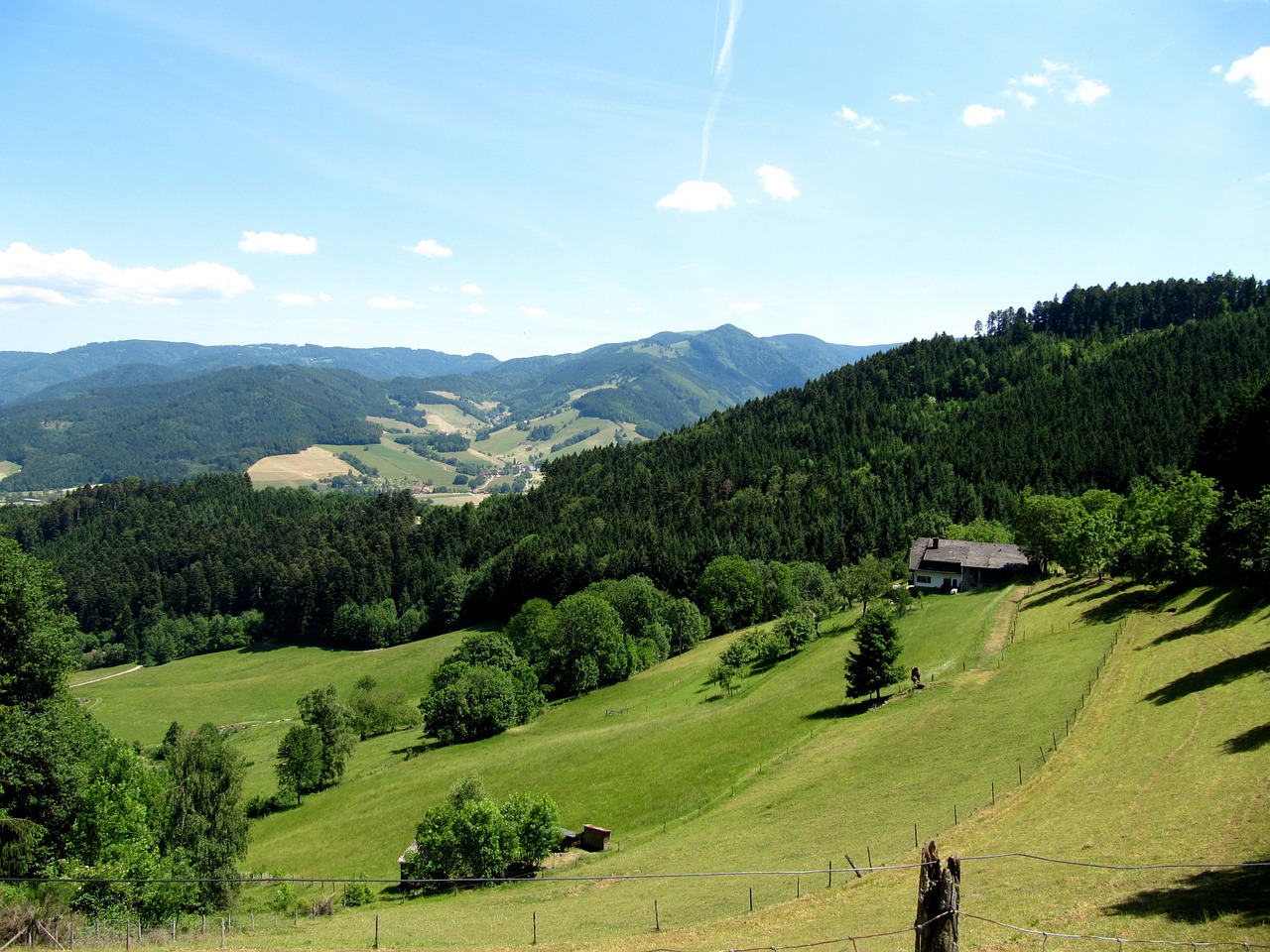
Common animals include boars, wild goats, deer, Iberian hares, and foxes. Portugal is also home to one of the world’s most endangered cat species, the Iberian lynx.
Along Portugal’s coast, crabs, clams, oysters, tuna, bonito, and sardines make their homes. Portugal is a a common stop for many species of birds during migration.
History
The Iberian Peninsula was settled by Moors in 711 AD. Moors are Muslim people from North Africa. By the 9th century, northern Portugal was under Christian rule.
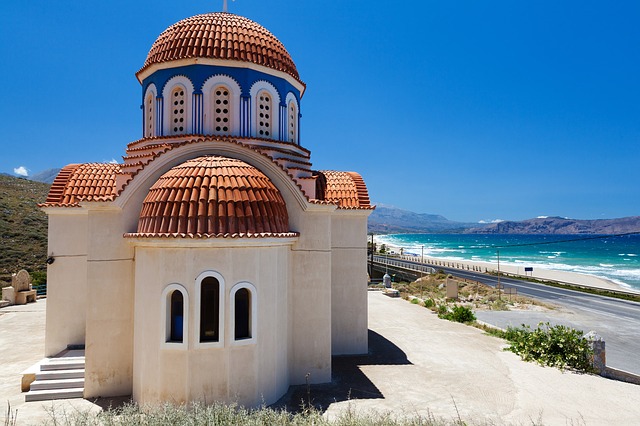
Established in the 12th century, Portugal is one of the world’s oldest countries. The country’s land boundaries have remained almost unchanged since the 13th century.
During this time, Portugal was an extremely powerful empire, mostly due to its naval explorations. It had land in Africa, South America, Asia, and Oceania.
As the Dutch, English, and French surrounded or conquered Portuguese trading posts, the country lost much of its wealth and power.
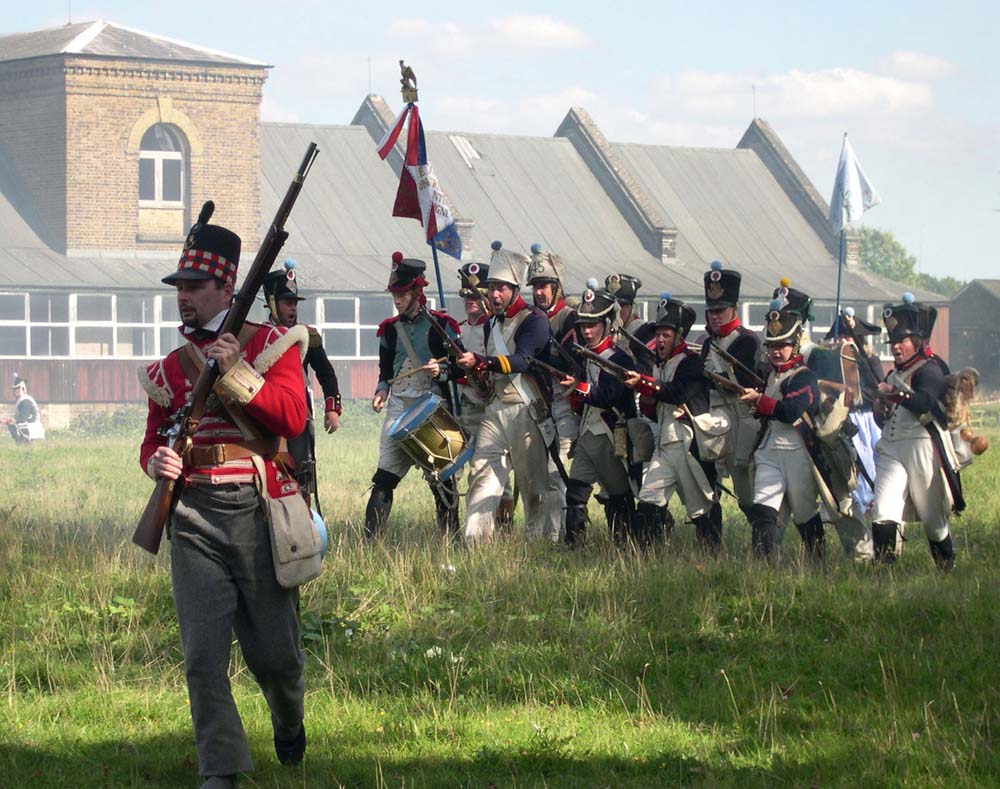
Occupation during the Napoleonic Wars, a devastating earthquake, and the loss of the colony of Brazil damaged Portugal’s power even more.
In the 1970s, Portugal granted independence to Angola, Mozambique, and several other colonies. Macau, the nation’s last possession, was returned to China in 1999.
Portugal is a founding member of NATO and joined the European Union in 1986. The country has been a republic ever since the monarchy was overthrown in 1910.
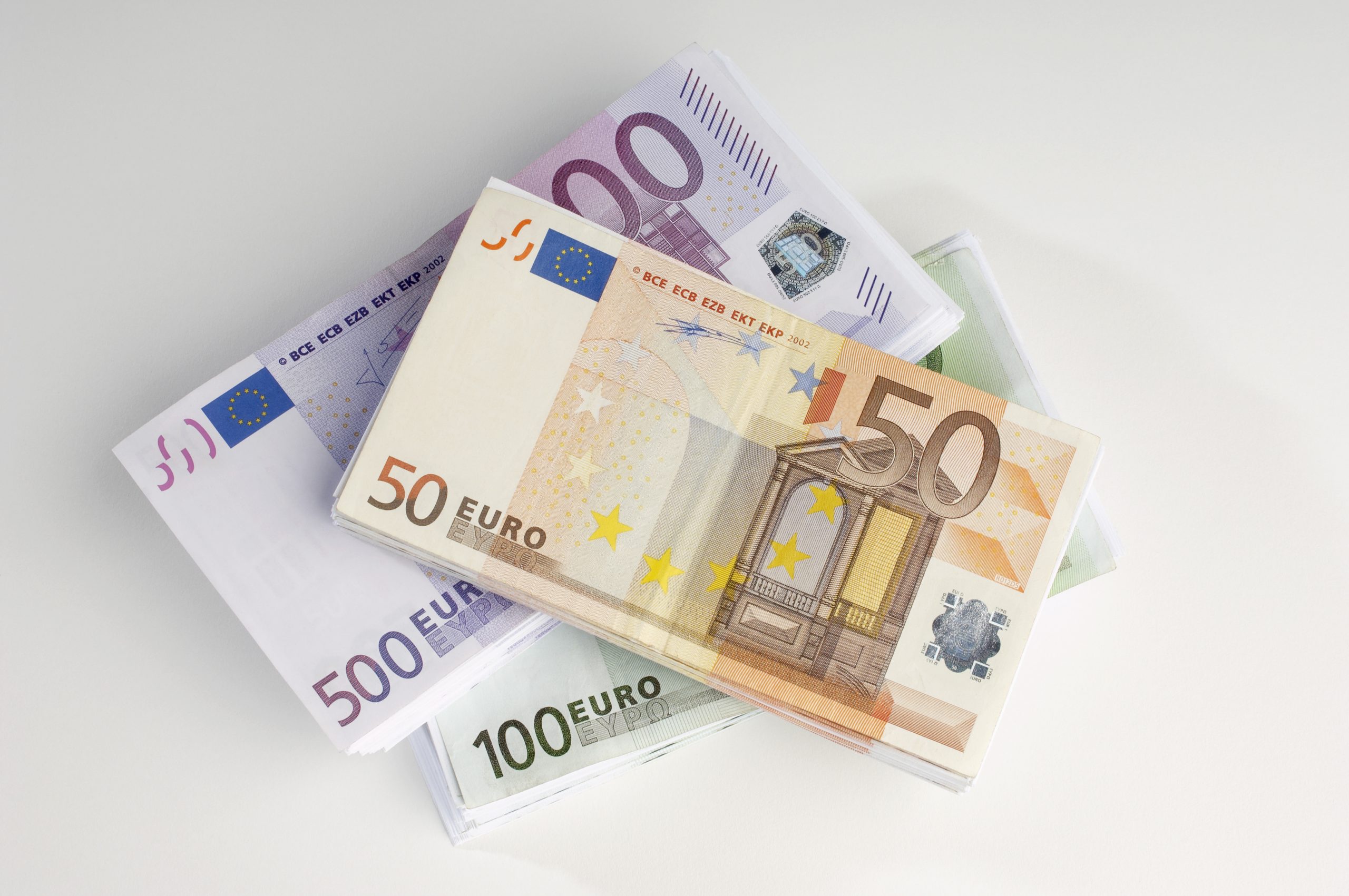
The chief of state in Portugal is the president, who is elected for a five-year term. The government is headed by the Prime Minister, who appoints a Council of Ministers.
Economy
Portugal’s main industries are fishing, oil, cement, plastic products, textiles, construction, steel, footwear, leather, and tourism.
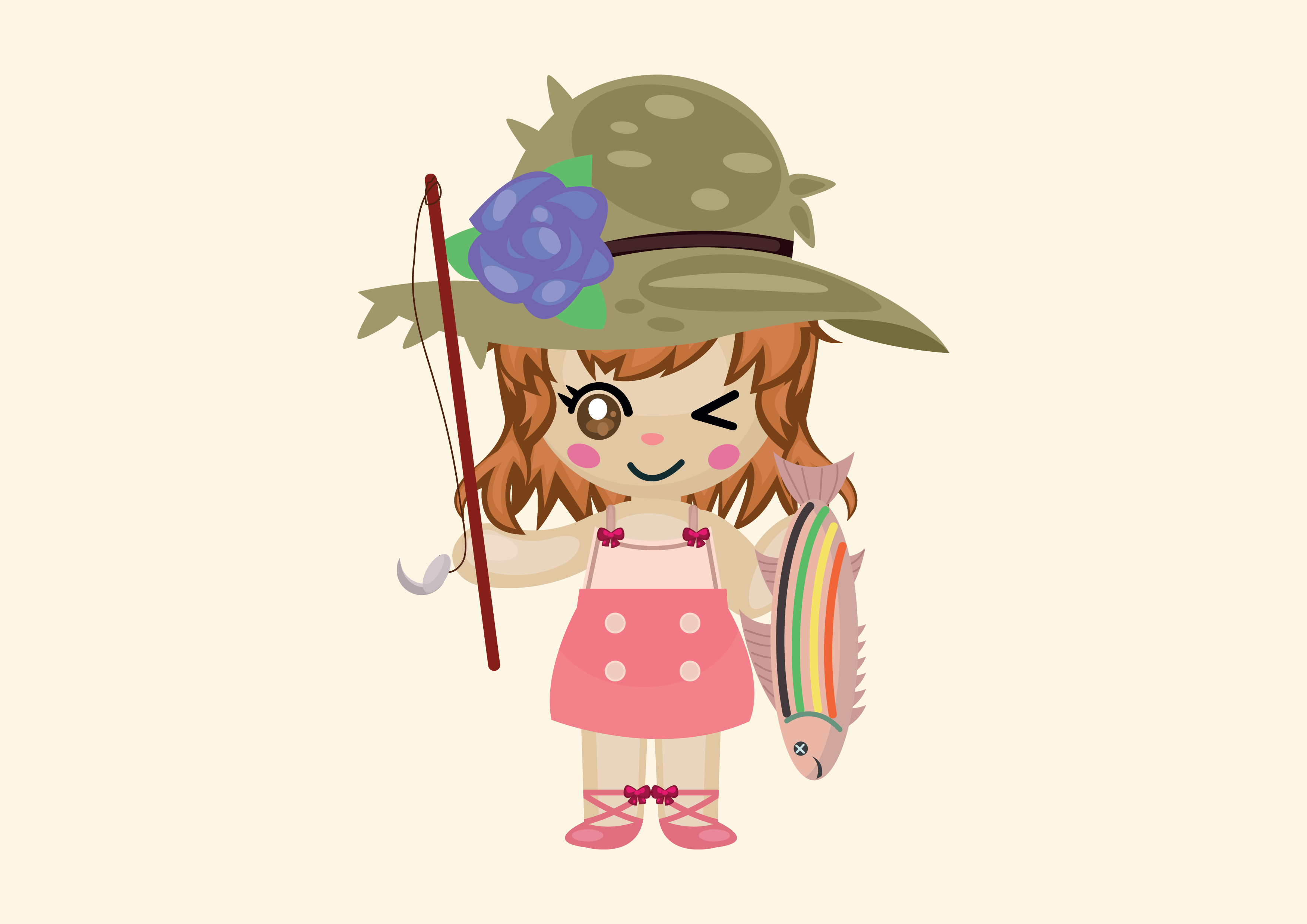
Top agricultural products include tomatoes, olives, grain, grapes, potatoes, sheep, cattle, dairy products, fish, goats, and swine.
Portugal is one of the poorest countries in Western Europe and has one of the lowest incomes per person among the European Union member states.
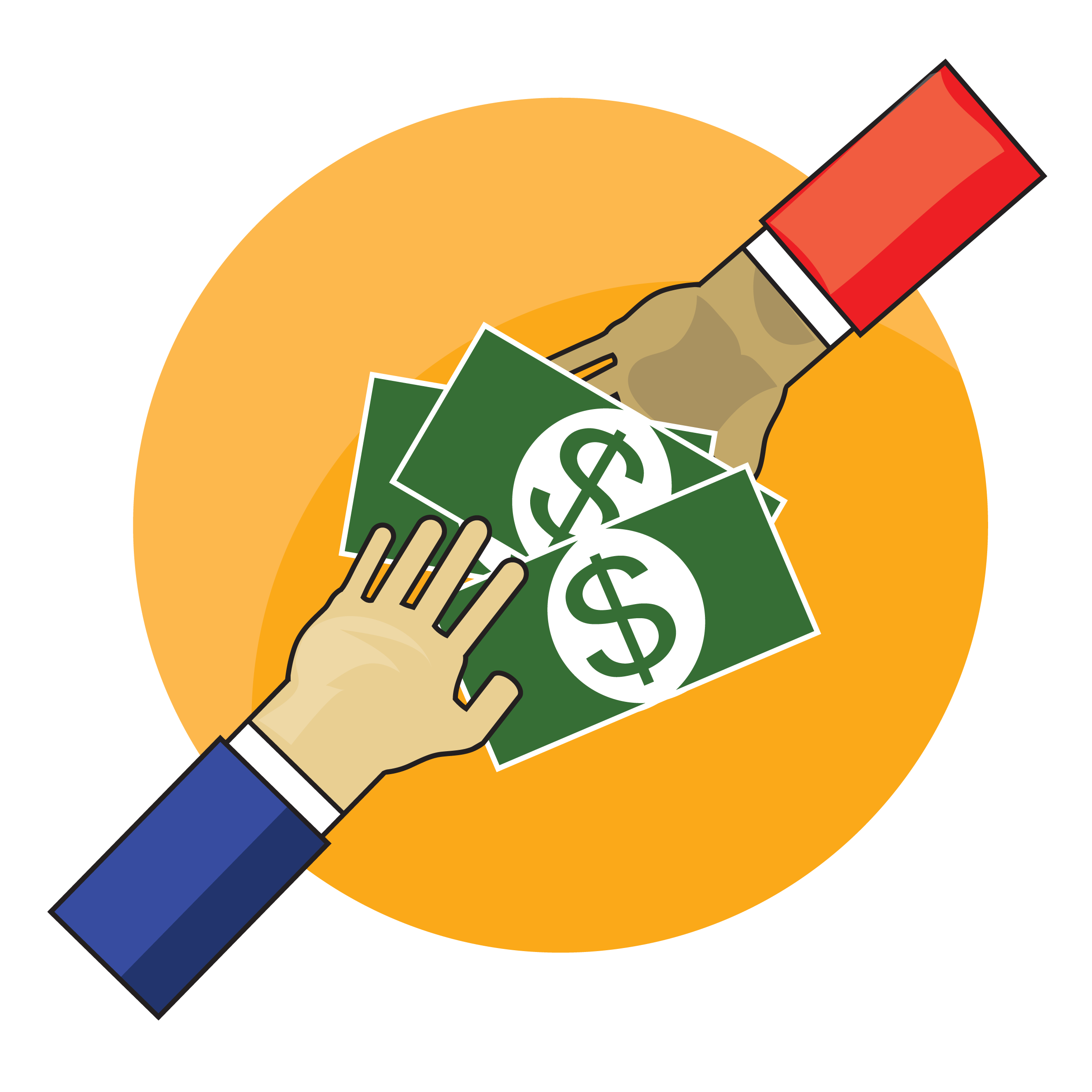
In comparison to many other countries around the world, however, Portugal is doing well. It’s often considered “the poorest of the rich countries.”
Unemployment in Portugal is at about 8%. Portugal’s currency is the Euro.

Culture
Portuguese is the official language of Portugal and the most widely spoken. Other languages include English, Spanish, French, and Mirandese.
About 85% of Portugal’s population is Roman Catholic. Although many don’t actively attend church, almost all Portuguese people are baptized and marry in the Catholic church.
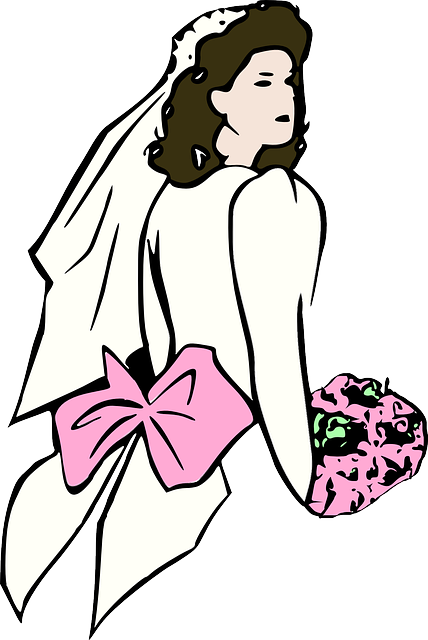
Other non-Catholic Christians and Muslims have the next highest representation, followed by a small Jewish community and groups of Buddhists and Hindus.
Food varies by region in Portugal. The north is known for traditional soups, breads, and grilled sardines. In the northeast, fresh and cured pork is used in many dishes.
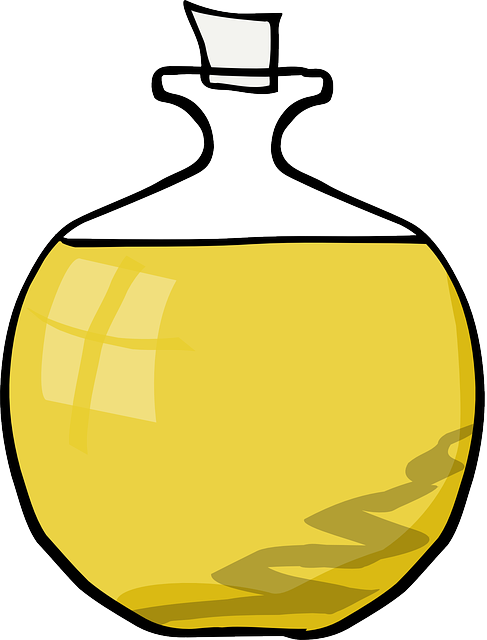
In central Portugal, cheese is more common. Fish is abundant, along with octopus, squid, and eel. In the south, soup called gazpacho is served with bread and smoked pork.
Olive oil is common in many dishes in all regions. Cumin and piri-piri, a hot red chili, are popular seasonings. Salt cod, called Bacalhau, is served in most regions, as is arroz doce, a traditional rice pudding with cinnamon.
Portugal’s culture is normally conservative and polite, but several festivals are celebrated each year. This includes Carnaval, with its colorful masks, costumes, parade floats, and theatrical performances.
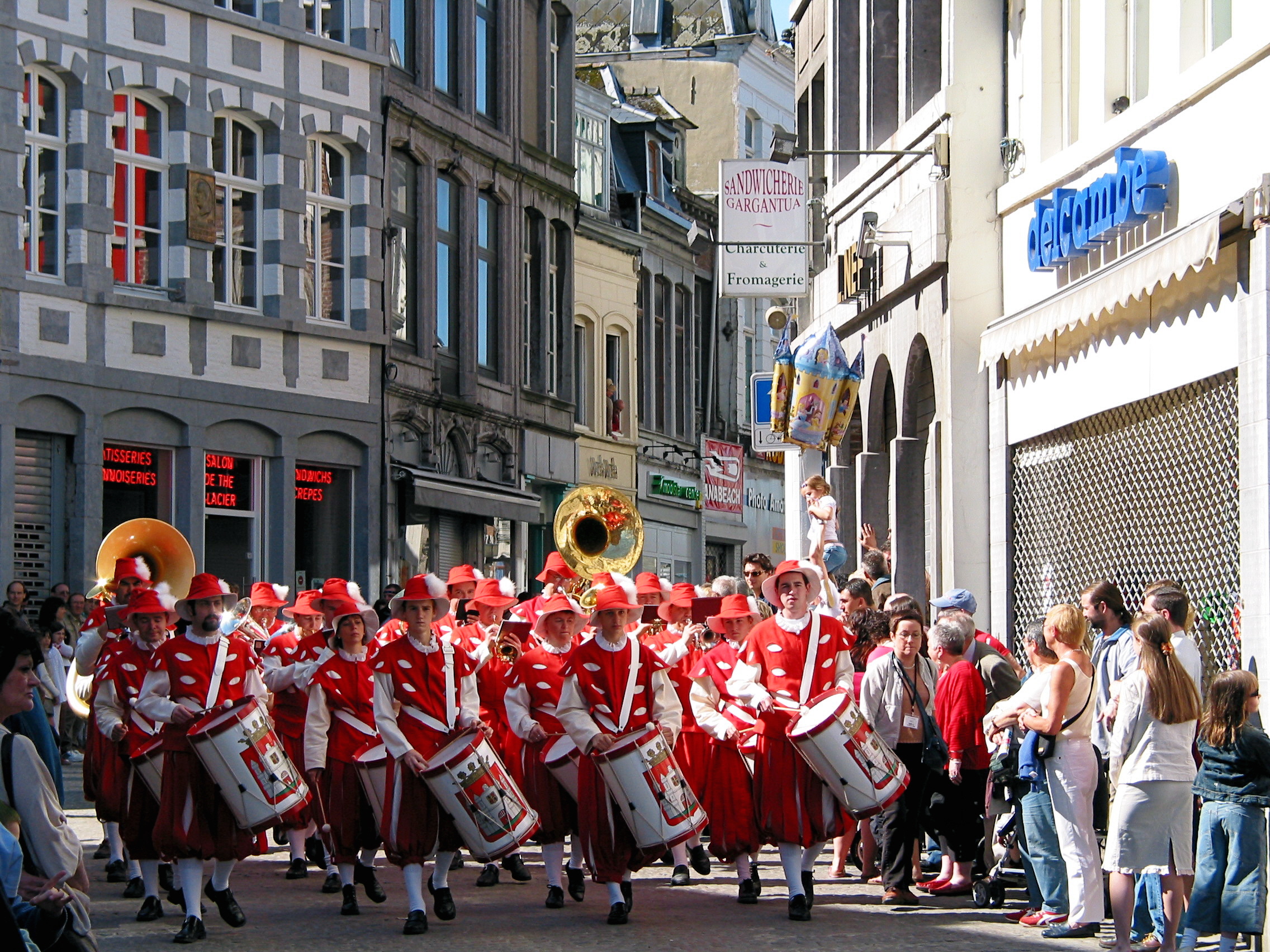
There is also the Festa de Sao Joao, the Sintra Festival, Cascais Festival of the Sea, and Praia Grande Beach Games. The games consist of body boarding, boules, volleyball, and more.
Famous Portuguese
Cristiano Ronaldo- soccer player
Pedro Camacho- composer
Luis Figo- soccer player
Carmen Miranda- singer
Pepe- soccer player

Fun Facts
Portugal is ranked as the 17th safest country in the world.
The longest bridge in Europe is the Vasco de Gama Bridge in Lisbon, Portugal. It measures 56,381 feet.
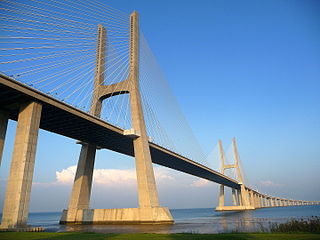
The Portuguese are fatalists, meaning they are strong believers in destiny.
Portugal receives over 300 days of sunshine annually, and Christmas is often sunny and warm.
Portugal holds the world record for the largest omelet ever made. The omelet weighed over six tons!
